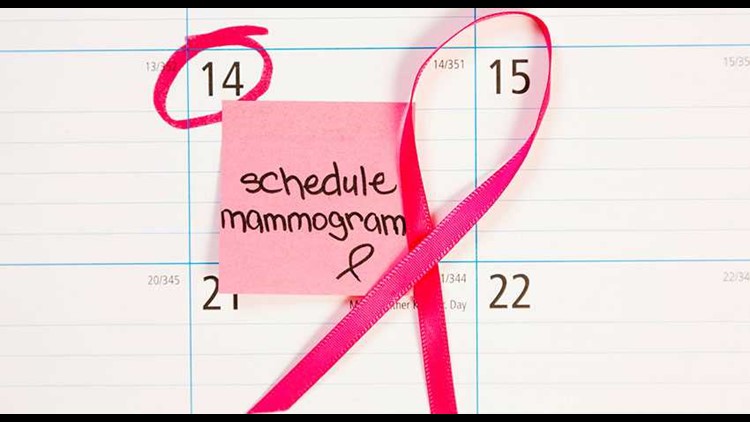Kelly Preston, actress and wife to John Travolta, recently lost her battle with breast cancer, which should serve as a reminder to women as to why mammograms and early detection are so critical, even during a pandemic.
“When the pandemic first started, I thought it was reasonable for people to put off preventive health screenings for a short time to avoid possible exposures,” said Pamela Berens, MD, an Ob/Gyn with UT Physicians and professor of obstetrics and gynecology at McGovern Medical School at UTHealth. “It’s now clear the virus will be in our communities longer, and as such, we don’t want the public to be putting off health maintenance and important screenings like mammography. This could delay diagnosis and possibly limit treatment options due to more advanced disease at the time of diagnosis.”
A mammogram is an X-ray that allows physicians to detect any changes in breast tissue that may indicate the development of breast cancer. Breast cancer is the most common cancer in women, according to the American Cancer Society, and the second leading cause of cancer death in women.
While a mammogram can’t prevent cancer, it can discover disease early. When it is caught early and doesn’t spread to other parts of the body, the five-year survival rate is 99%.
According to the Society for Breast Imaging and the American College of Radiology, it is recommended that women begin getting mammograms at the age of 40. Women at a higher risk, especially those with a family history, should begin getting them at an earlier age, depending on their health care provider’s recommendations.
“It’s also important that anyone who notices a new breast lump to contact their doctor as soon as possible, not to delay evaluation,” said Berens. “This was true even before COVID-19 concerns.”
There are two types of mammograms: screening mammograms and diagnostic ones. Screening mammograms are used to detect signs of breast cancer in women who have no symptoms or other issues. Diagnostic screening is used for women when they report having a lump or some other type of change that needs to be examined.
“We are taking the necessary precautions in our clinic to ensure our patients’ safety during this time,” said Berens. “Please do not let the fear of coronavirus prevent you from taking proactive steps to guard your health.”
To schedule a mammogram or for more information and resources on COVID-19, visit the UT Physicians information center.
As the clinical practice of McGovern Medical School at UTHealth, UT Physicians has locations across the Greater Houston area to serve the community. To schedule an appointment, call 888-4UT-DOCS.



